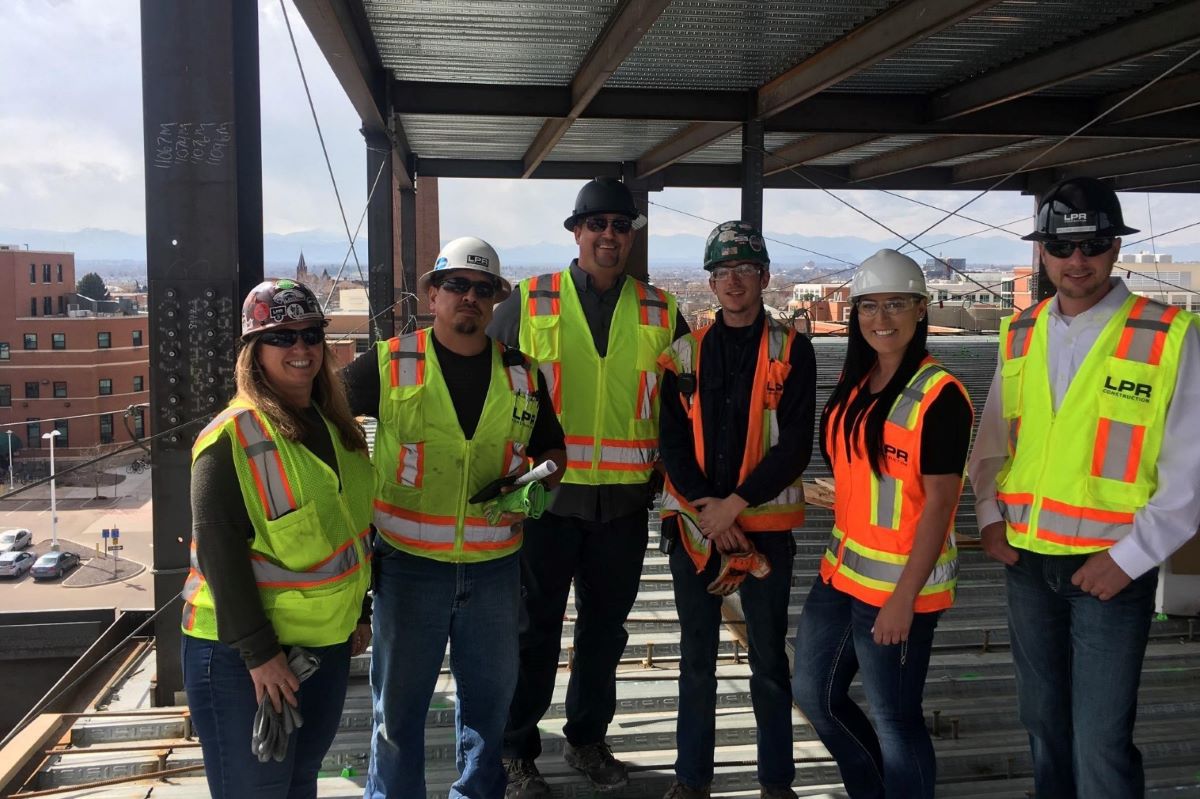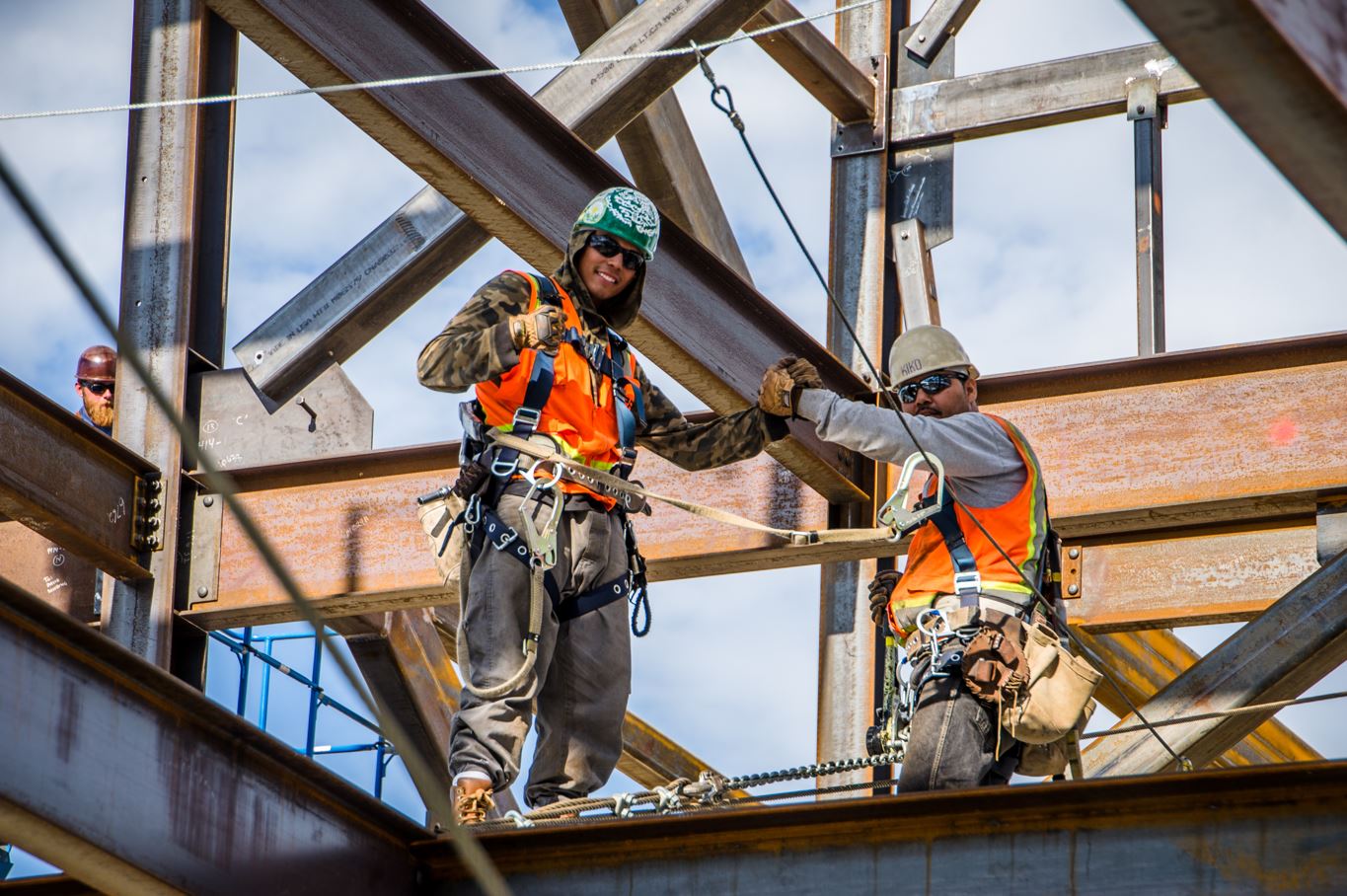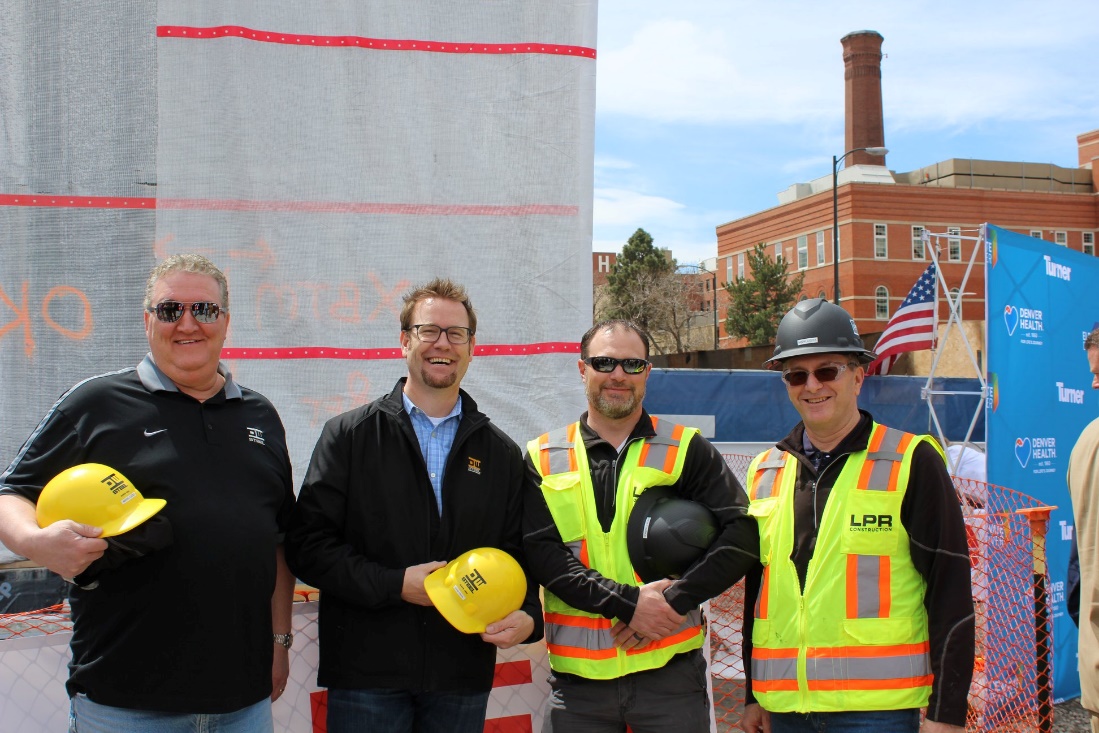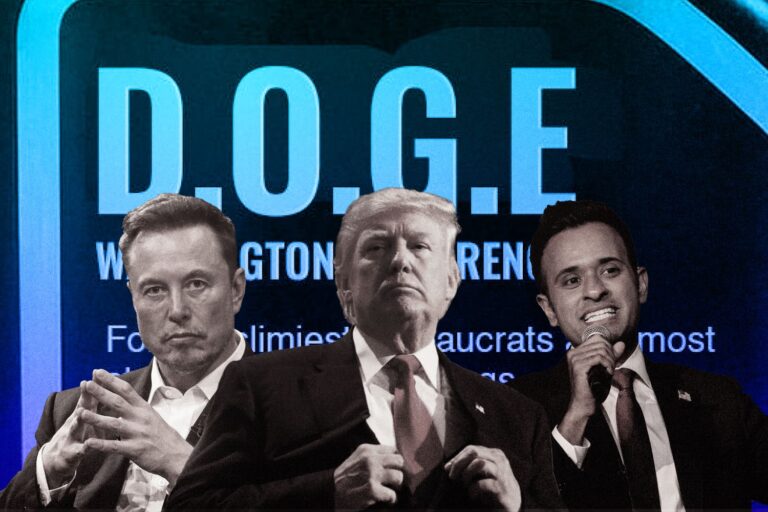LPR: How Authentic “For You” Leadership Mentality Builds a Rocky Mountain Player
Pete Carner, Larry Boyd, ad Rocky Turner to make the LPR of the company. Founded by three entrepreneurs, LPR construction served as a local steel erector since 1979 and continues to be an industry leader that expands its offering to include industrial services and plan services, in order to meet customers’ growing needs nationwide. Actively managing $110M in construction projects and earn around $72M in annual revenue – according to Dun &Bradstreet, LPR establishes itself as a premier steel erector throughout the US.
How did they position to be one of the largest heavy industrial constructions in the Rocky Mountain market? The firm to tell its story from day one and lesson learned.
LPR from the Ground Up
In an interview with Kirk Dando, Rocky Turner – the firm’s founder brings in his unique prospective of building a construction business from the ground up. His leadership style and a look into the firm’s dynamics.
When they started out, Turner recalls how tight the market in 1979 was, “interest rates were headed about 18% for a 30-year fixed mortgage. I left a job teaching school when there is a lot of unemployment – If you look at it the opportunity wasn’t good.” The founder adds, “but we are just out there put our heads down and work hard.”
Till the opportunity came, with one founding partner with a steel background to make ways – the firm shifted from home building to commercial steel erection. 40 years later LPR has about 500 employees with notable projects like Florida Panthers, Miami Heat, Denver Art Museum or Miami Marlin baseball stadium.
Leading as Orchestrating a Performance
Behind every great firm, there is a great leader, yet we see leadership styles and characteristics are all unique and distinctive from one leader to another. According to the founder, there are three main styles you can see including ‘leaders that are for you’, ‘leaders that are against you, as well as ‘leaders that are for themselves.’ Growing into a leader, he says, requires practices that go beyond the job sites and the office – it gets down to what you leave in people and how do you find consensus, drive their sense of dedication and motivation.
Turner recalls his first recollections of recognizing he was then a leader, “from the very beginning when I was just running a small crew, one of the things I would do is get everybody together, estimate the problems, and look at the strength of the people on the team to enlist them to be part of the solution.” And when the problems get bigger and more complicated, he noticed the vital of ‘great leading’ – there must be a better way to lead and manage operations but not pivot around him but rather other talented teammates.

“Any time we’ve had problems one of the things I do is to reach out to people within the company, outside of the company, and just try to find a path forward.” You would never know what the best solution is. Gathering information and reaching out to people is where the right ideas emerge. To Turners, great leaders do not have to have all the answers, are decisive but do not mean making snap decisions. Every time you are coming out of a discussion, he says, the operating directions are always different from what he imagined. It is always better and helps empower teams with credits and dynamics across levels.
“I think I’ve been pretty good at knowing a good idea when I hear it but I don’t have to be the guy that comes up with the idea. So, that’s a model that I followed.”
– Rocky Turner
To be forward in questioning and leave aside the humility in cluelessness is the right path LPR and its people have followed over the years. And the leadership’s role is not solving problems but beautifully orchestrating for other departments to do so.
More from the conversation, Turner talks about the ace leadership ‘tone’ that has made great impact on his team and trickle-down to the frontier.
Approaching the Most Difficult Decision
On describing the tone from the top, “claiming influence” is the key phrase the founder prefers, “I think there’s a lot of drama and pressure in the business. Talking to people in business is sort of steering a big ship, you have to trust your people and let they do their jobs.”
While trusting people is an essence, trusting yourself is also a virtue. There will be difficult moments when leaders have to find the right seat on the bus for their people, and that includes telling some that ‘they are not making it.’

You will stop and look for pitfalls on the horizon but still those tough decisions are necessary.
“It becomes apparent that they reach their limits. It is always hard to say goodbye to those people. But it would be worst if you keep pushing people to do something they are no longer comfortable doing or incapable of getting.” As Turner puts it, not letting go is even more troublesome and hurtful for employees. The best thing to do here is to be instrumental in delivering the message so they can see what the firm is also seeing.
Earn Trust by Embracing Mistakes
Amongst the three styles of leading mentioned above, the ‘for you leader’ is what LPR management aspired to be. At the firm, leaders earn their teammates trust by separating mistakes from the individuals as a mean to let them grow and empower overall development.
“Problems happen, I do give people the benefit of the doubt. If I feel like they made a mistake and have learned from it. I try to keep that wisdom within the company and lead from that experience.” The founder explains, you have to benefit from that mistake, instead of letting people go elsewhere with that lesson, innovation and improvement should be made in your firm. That is a great way to embrace mistakes and intrigue growth.
Even though it is hard to know where the middle ground for that is, yet that is an essential answer the leadership has to set up. It could be based on what stage the company is at, what kind of risk you could take and what do you value most. From those elements, the standard for mistake-making could be established and serves as a decision-making tool for the management in such a scenario.
“I know there has been a lot of time review is need to help somebody that was kind of stuck in the mud in their career and their behaviors. You have to make hard conversations to get them unstuck.” It is easier to shut the door but instead transparent conversation on trust and development would bear more fruit than firing off people.
According to the founder, every business is a people business, “I’m loyal to people as long as I feel like they are trying to get better. Conversely, LPR strengthen relationship with employees and makes them feel the need to be loyal to the company as well as loyal to me as leader.”
The Dynamic of ‘Close-Knit’ in Business
More from the conversation, the firm’s founder brings in the dynamic of employees’ family and friends in the business and how it has driven loyalty to another level. On top of that, the founder tells his story of how growing up from a small business – developing resilient partnerships is one of the core keys for long-term success and what it meant for him over his career.
“Not just family members of several key people that have had a significant impact on LPR, employees from many levels across the firm start having their family show up in the business now.” Turner explains it is because people from LPR has the habit to truly care for each other, “I think it’s something that you could have kind of followed as a path – truly care about who people are, genuinely care about them where they are at and willing to help them take that next step.”

As vital as professionalism, close-knit and familiarity in teams is one of the greatest assets an organization could cultivate amongst its people because, sometimes, hard questions are not solved by the most talented but the most committed.
Turners recalls his close solid partnership with the co-founder Pete Carner – who has been with him for over 28 years. “In that partnership, almost like a marriage we had our ups and downs and at one point nearly split up.”
While Turner executes, Carner was kind of always in the background to advise with decisions in and shaping the direction of the company. They all have their game within their battle, in which they take care of and look after each other. And just like that the tradition keeps on passing down to the next generation of employees and successors from both families.
While people and leadership tell the story of who LPR is, how the firm manages job sites and discipline safety culture tells its expertise in the market. In a recent blog post, an LPR safety expert talks on how the firm balances accelerating schedules and safety.
The Art of Accelerated Schedules and Safety Management
The message of “we are going to work longer hours and we need to get this done and safely” can’t help but lay some levels of impacts. No matter how great the site leadership or how engaged the craft workers are. The majority will get tired and there will be a higher potential for near hits and incidents not to mention how the most engaged people can experience lower morale.
Because accelerated schedules require skilled apprentices and front-line supervisors to feel their best and are able to make decisions with a clear head. There are a few principles for site leaders to consider.
Firstly, communicate clearly and often about safety and wellness. Second, encourage and empower all employees to report ‘near hits’ as it is an opportunity for growth and learning during any construction project. At the same time acknowledging that there is a potential for higher incidents during aggressive schedules. And last but not least, addressing employee’s ‘wellness’ directly.
Those are the four key principles at LPR when it comes to safety and professionalism.
The Bottom Lines
Recently, awarded to be the Top Workplace honor by The Denver Post, the firm has proved its philosophy of a ‘close-knit’ environment to the right path for engaging people and thriving business. As difficult as it is to set the middle ground for this, its leadership and management seem to have successfully overcome the problem just with their authentic ‘for you’ leadership style.









